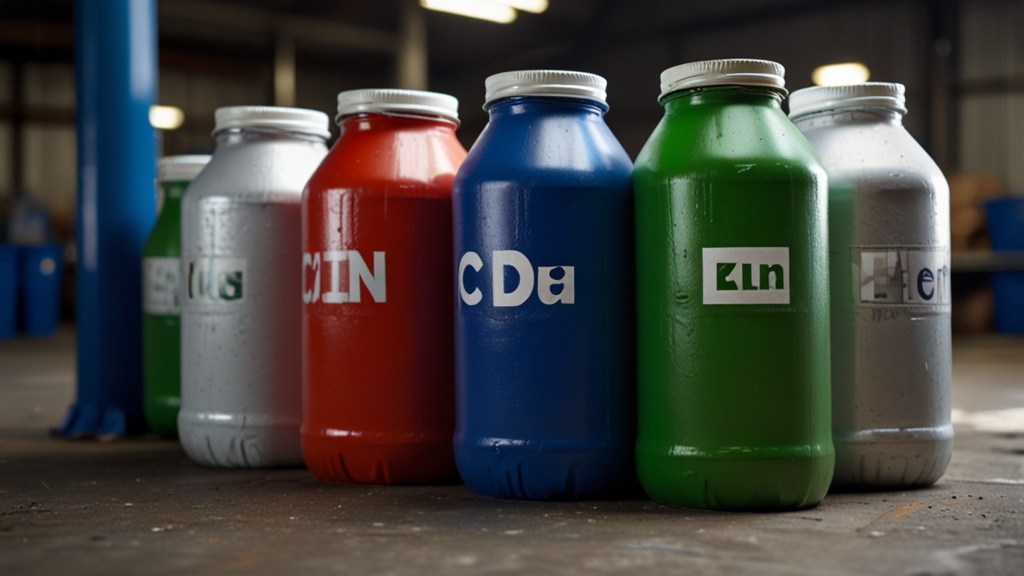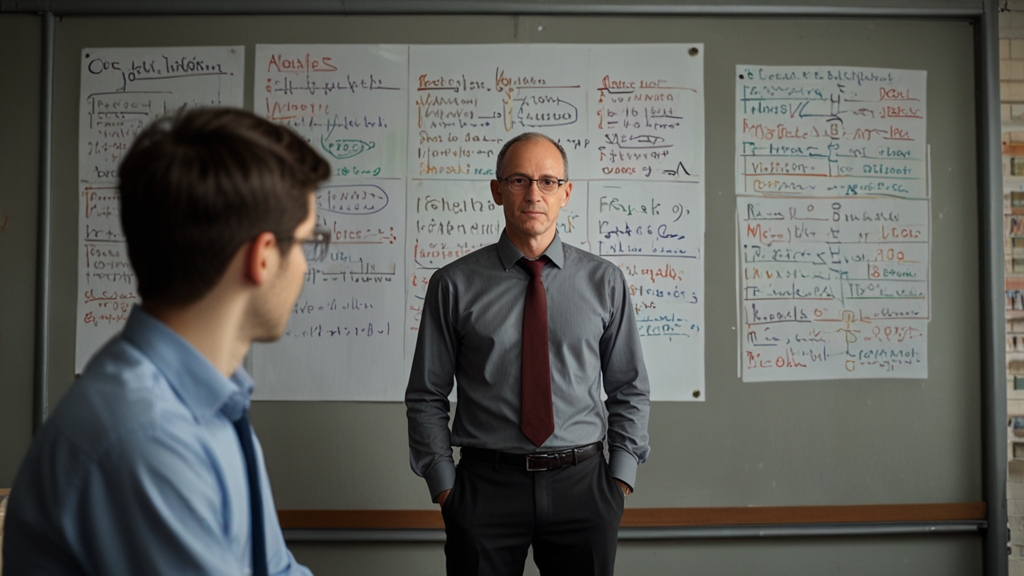Introduction to Riddles
Riddles have been a celebrated form of challenging the intellect for centuries. They are more than mere questions; they require a blend of creativity, critical thinking, and sometimes a touch of humor to solve. Whether used for amusement, education, or as brain workouts, tricky riddles push our cognitive skills to new heights.
The Art of Riddles
Riddles often rely on wordplay, metaphors, and lateral thinking. They are designed to lead you down a path where the obvious answer is usually incorrect, demanding deeper analysis and intuition. From ancient Sphinx's enigmas to modern-day puzzles, the structure of riddles forces the brain to think outside the box.
Boosting Cognitive Skills Through Riddles
Engaging with riddles regularly can significantly boost cognitive functions. Here's how:
- Improved Problem-Solving: Trying to unravel the mystery of a riddle enhances your ability to approach problems from various angles.
- Enhanced Memory: Many riddles require recalling similar previous riddles or drawing on a broad range of knowledge.
- Better Focus: Concentrating on the nuances of a riddle hones the ability to pay close attention to details.
- Increased Creativity: Riddles often necessitate thinking creatively to come up with an unconventional answer.
Tricky Riddles to Test Your Cognitive Skills
Ready to put your brain to the test? Here are some tricky riddles designed to stretch your cognitive muscles:
Riddle 1: I speak without a mouth and hear without ears. I have no body, but I come alive with wind. What am I?
Answer: An Echo.
This riddle plays on the properties of echo, making you think about the attributes of listening and speaking without a physical presence.
Riddle 2: This thing all things devours: birds, beasts, trees, flowers; gnaws iron, bites steel; grinds hard stones to meal; slays king, ruins town, and beats mountain down. What is it?
Answer: Time.
The riddle uses vivid imagery to describe the abstract concept of time, requiring a deep understanding of metaphor and personification.
Riddle 3: I have keys but open no locks. I have space but no room. You can enter, but you can't go outside. What am I?
Answer: A Keyboard.
Here, the riddle is a play on words related to everyday objects, forcing you to think about the double meanings of the terms used.
Conclusion
Riddles are more than just fun; they're exercises for the brain. By continually challenging yourself with these mind-bending puzzles, you engage in a form of mental gymnastics that keeps your cognitive skills sharp and agile. So, the next time you're looking for a quick mental workout, or just some light amusement, a tricky riddle might just be what you need.
```










